High Tech High instructors offers new approach in teacher workshops
By Kate Hayden, khayden@charlescitypress.com
High Tech High humanities teacher Rusty Walker paced between groups of Iowa teachers on Monday, mostly listening.
The New Hampton and Charles City educators were huddled in small groups in the Charles City Middle School learning studio, brainstorming. For every pitch — a literacy fair, or a real-world Game of Life — other group members offered feedback: “Yes, and …”
That phrasing is intentional as the educators built upon their colleague’s ideas in four-minute sessions. It’s one of the tools Walker and his coworkers in San Diego use daily in an average school year.
“We want to come in and give (teachers) the tools and ideas they can use for years and years and years, to create new projects, develop projects and actually execute those projects in their classroom,” Walker said.
“Creativity is a set of habits that you can practice and you can get better at.”
Walker and his colleague Chris Olivas are spending Monday and Tuesday in workshop with regional school district teachers, leading discussions on what makes a project-based learning model different from traditional models of K-12 education.
The two are active teachers working at High Tech High in San Diego, California, and arrived on request from Charles City staff members.
Charles City Middle School teacher Julie Holub visited High Tech High in June, as part of the school district’s second 10-person trip to the California charter school.
“We just kept saying, ‘Oh, my goodness, I just wish they could come to Iowa and talk to a bigger group than just us 10,” Holub said. “That one question turned into what we have today. … I think it was valuable for us 10 to go, because we came back very excited, like we could do this in our Charles City school district.”
“They’re living it. They are taking what they’re passionate about, which is being a life-long learner, and they’re allowing kids to drive what they need to know,” she said.
Walker focused the discussions using the same set of brainstorming tools High Tech High teachers use in the classrooms, he said.
“A lot of this stuff is stuff that we use with our students, but it’s also stuff that we use when we’re training new teachers,” Walker said. “If there’s something that works with students, it should also work with teachers. They’re not these separate kinds of people that need special treatment.”
Such a complete change in approach means teachers are rethinking workplace habits they had developed over an entire career, as Holub personally experienced.
“You’ve been given 125 students for the year, and you want to give them everything that they need. You worry about, ‘What if I didn’t give them the skills or the tools for the next step, to get to eighth grade or to get to high school?'” said Holub, who has taught for 20 years.
“That’s the hard part of letting it go,” she said. “What I’m giving them in the long run will give them more benefits, because they’ll be thinkers, they’ll be able to research, to collaborate and answer their own questions.”
As teachers in the school system evolve the style of their curriculums, Walker said, people will learn to adjust to what a school day should look like.
“The hardest habit to break would be that school looks like people sitting in rows, doing worksheets, listening to lectures and taking tests,” Walker said. “Those still have their place in project-based learning, but in traditional schools, that’s it.
“Now we’re thinking, let’s get far away from that and start thinking about student interest,” Walker said.
“I’d say the hardest habit for the community is expecting education to look like what it looked like when they went through school,” he added. “That had a certain look to it, and this doesn’t look like that.”
“It is going to be hard,” Holub said. “After being to High Tech High I have more confidence, and I have more understanding. You feel like you’re doing the right thing.”

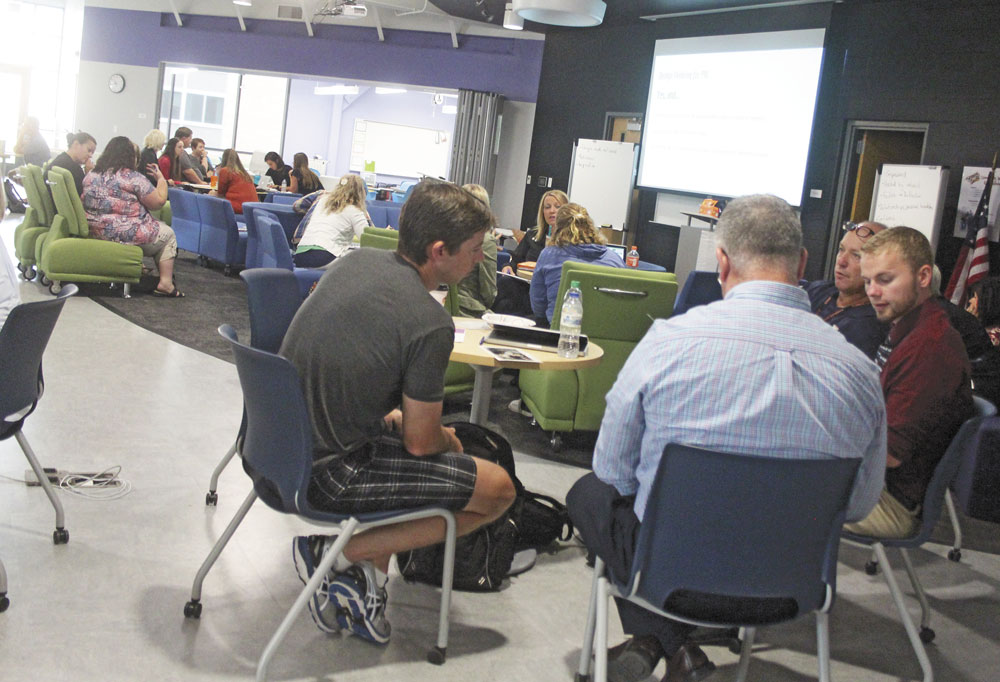
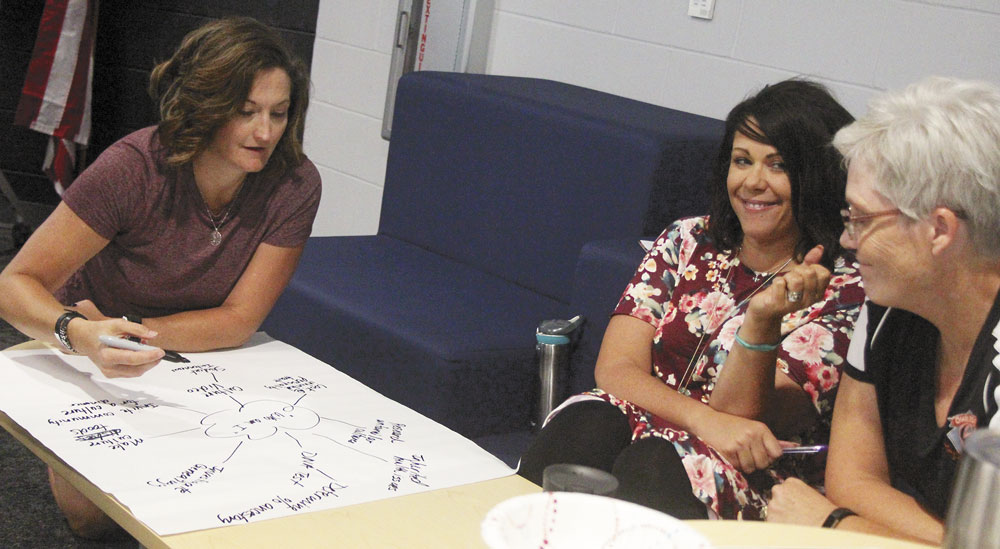
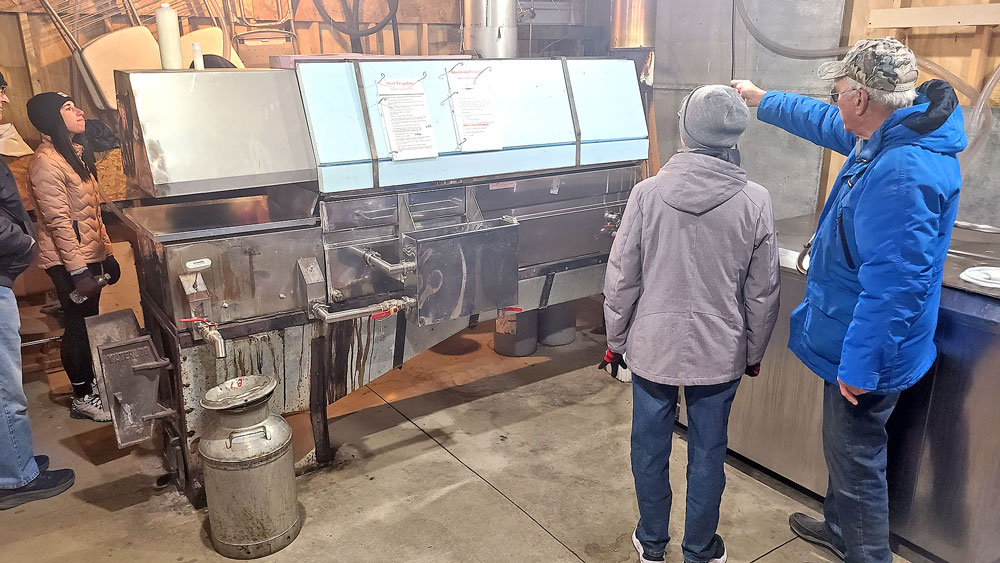

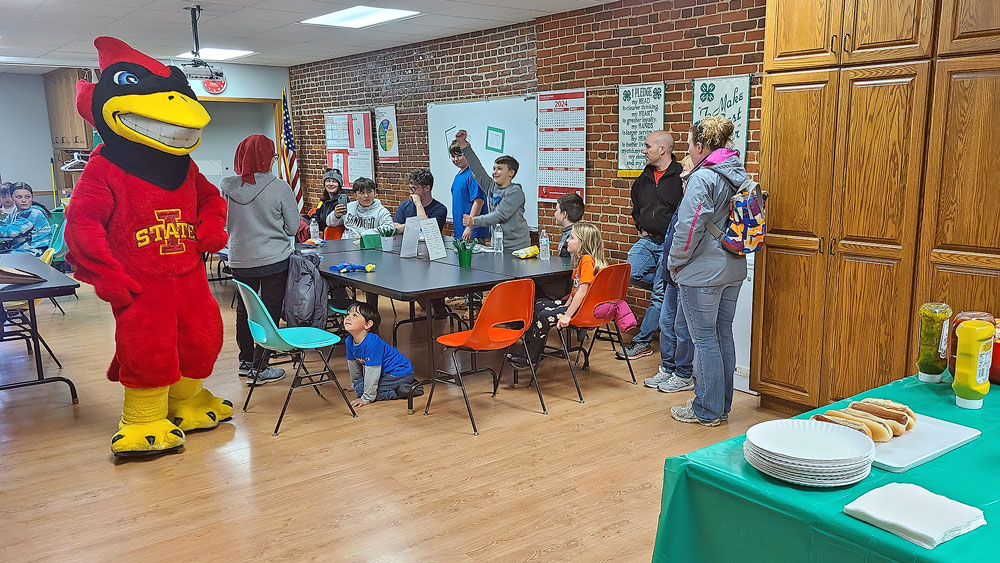
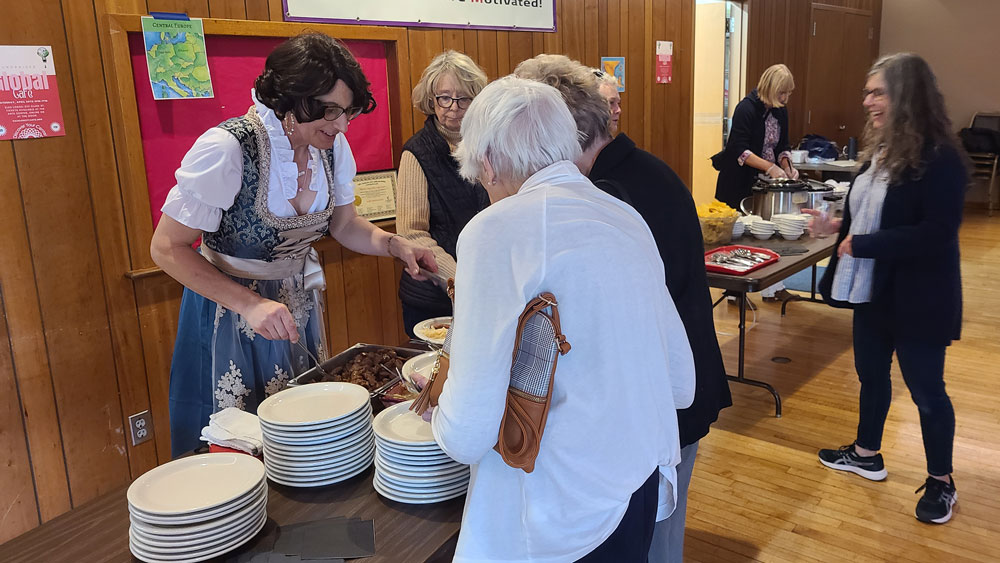
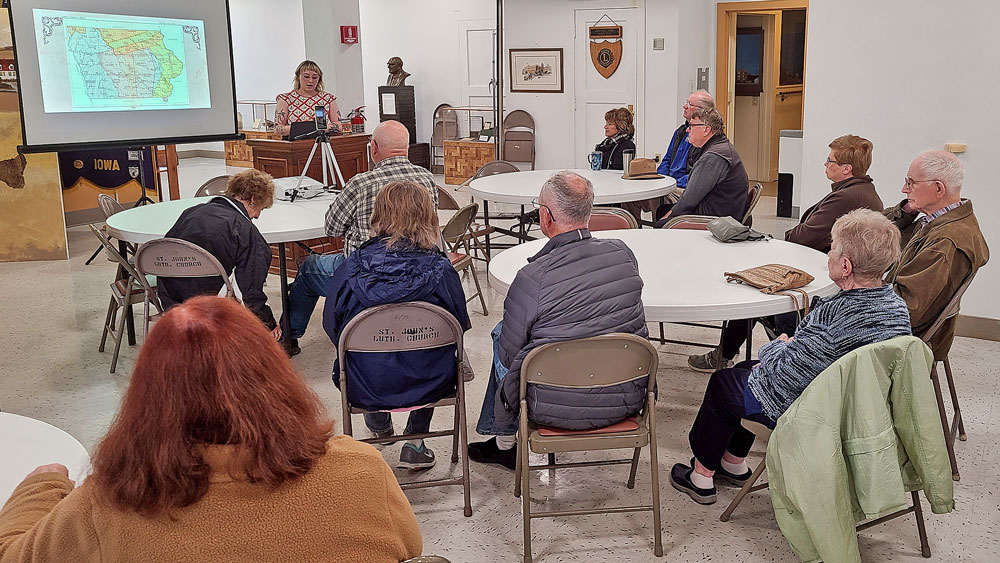
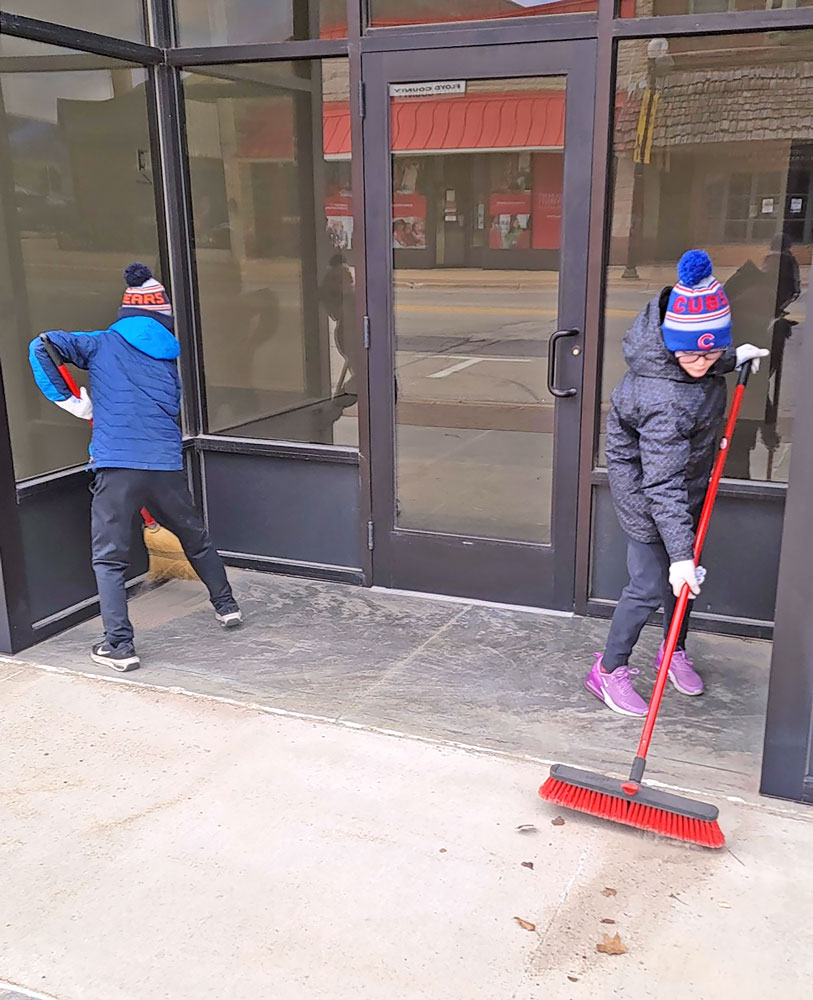


Social Share